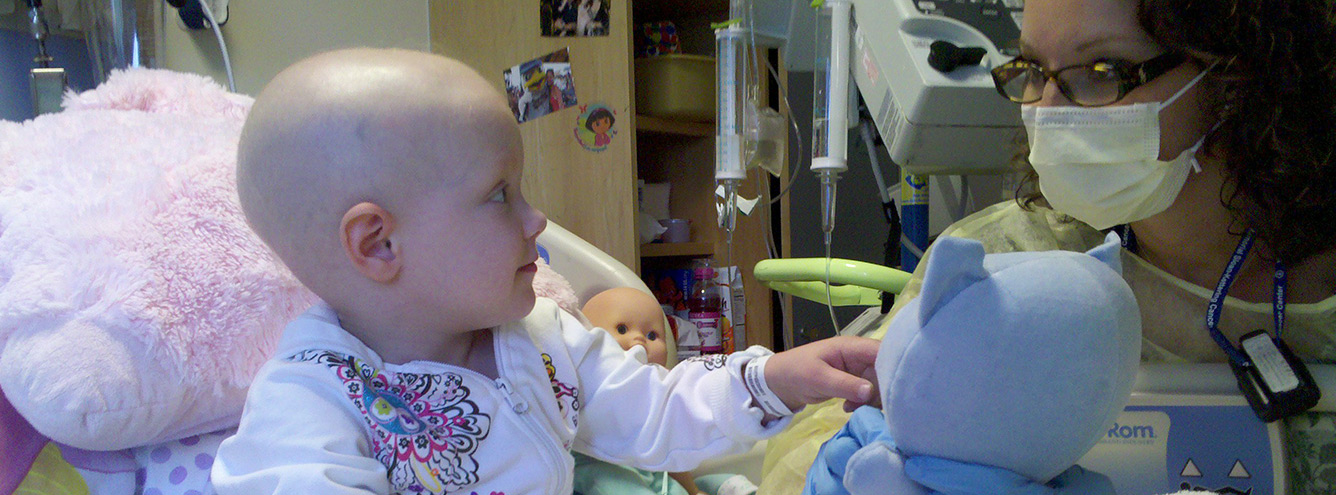When hope for comfort replaces hope of cure, identifying the best place for the child to receive care is vital.
Creating a plan, and gaining support to make it happen, is vital to the child’s complete wellbeing, and gives parents a sense of still being able to help their child.
Some children decline rapidly in hospital. If you have more time, you can assess your options, seek hospice support or bring your child home to a familiar, loving environment.
Hospice
Hospice is a bridge between intensive medical care provided in hospital and the warm, loving environment of home. Hospices employ palliative care doctors and nurses to manage pain and other symptoms. They often liaise with hospital staff to ensure best qualify of life for the patient.
Programs usually include grief and bereavement support for the patient and their family. Support begins long before the child dies, and continues afterwards as individual families need.
Home Hospice
A large part of most hospice programs is home hospice care. This enables the child to live and die at home, surrounded by the people they love, in the place they feel most secure.
Home hospice care is often most valuable to young children and their families. Evidence suggests that families cope better with the period before and immediately after death when their child is able to be among them, to spend their last weeks and days at home.
If you or your child have strong feelings about spending your time together at home rather than in hospital, or in a hospice setting, ask for a referral to your nearest hospice program. The oncologist, nurse or palliative care doctor should be able to either give you this information or organise a referral.
Hospital
Around the world, many children with cancer die in hospital. Sometimes they decline rapidly and there is no opportunity to organize hospice or home hospice care. Sometimes the child or parent specifically requests they be cared for in hospital. Most often, there is simply no alternative.
Be very open with your child’s medical team when she is hospitalized. Tell them what you would like to happen if she stops breathing or her heart stops beating. If you do not want them to take any heroic measures, ask that a “do not resuscitate” or “no code” order be placed on her file and near her bed.
Share with your child’s care team your wishes for the last hours or moments of your child’s life. Let them know if you would like to be alone together, or prefer that a nurse remain with you.
If your child is able to express her own wishes about what she would like to happen, encourage her to do so, and advocate for her. Helping her plan and be prepared is one of the very best last gifts you can give as you walk together to the very end of her life.


